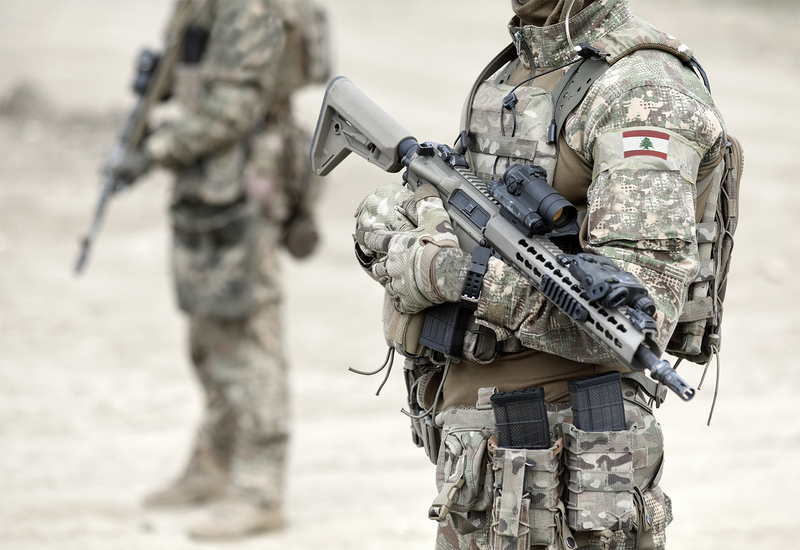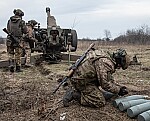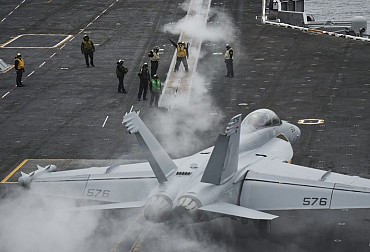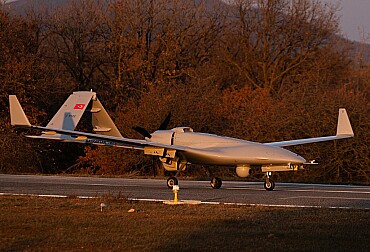France's support for Lebanese armed forces: A strategic move amid rising tensions
In an evolving geopolitical landscape, France has expressed readiness to support the Lebanese Armed Forces (LAF) in a potential historic deployment to Lebanon's southern border. This initiative comes as the region witnesses escalating tensions between Israeli forces and Hezbollah, the Iran-backed Lebanese militia. A French official, speaking anonymously to Breaking Defense, emphasized that Paris "must be ready" to aid Beirut in its efforts to secure the southern border, highlighting the importance of maintaining Lebanon's sovereignty and territorial integrity.

Growing concerns over border security
The situation along the Israel-Lebanon border has deteriorated significantly, with frequent exchanges of fire between Israeli forces and Hezbollah, raising fears of a broader conflict. The French official noted that any deployment of the LAF would require a political decision from Beirut, but stressed the importance of being prepared to support such a move. "We need to be prepared to facilitate an increased presence of the LAF in South Lebanon to contribute to the security of [the] Lebanese people and to the sovereignty of the Lebanese state and territory," the official stated.
Recent developments have heightened these concerns. Israel has approved plans for a potential broader conflict, while Hezbollah's leadership has issued threats to escalate the situation. In this context, France's commitment to standing by the LAF is critical. The official mentioned ongoing discussions about preparing different initiatives to support the LAF, including the possibility of rescheduling an international conference in Paris to rally support for Lebanon's military efforts in the south.
Potential challenges and strategic responses
Deploying the LAF to the southern border poses several challenges, not least the potential reaction of Hezbollah. The militia, which exerts significant control in southern Lebanon, could either resist violently or superficially accept the deployment while undermining its effectiveness. Retired LAF Gen. Khalil Helou outlined these scenarios, emphasizing the risks of direct conflict between the LAF and Hezbollah, which could also endanger United Nations troops stationed in the region.
The complexity of the situation is further compounded by the recent fiery rhetoric from both Hezbollah and Israeli officials. Deploying the LAF would increase the risk of Lebanese troops being targeted by Israeli munitions, a scenario already witnessed multiple times in recent months. Retired Gen. Maroun Hitti stressed the need for a clearly defined border to mitigate the risks of direct confrontation, referencing the ambiguous demarcation during the 2006 conflict.
Despite these challenges, retired Gen. Wehbe Katicha expressed confidence in the LAF's capability to protect the border. However, the financial constraints following Lebanon's 2019 economic crisis raise questions about the LAF's capacity to sustain a significant deployment. The French official acknowledged these limitations and underscored the importance of international support in providing necessary equipment, training, and infrastructure.
The role of international support
France's potential role in rescheduling an international conference to support the LAF is pivotal. This conference would aim to galvanize contributions from friendly nations, ensuring the LAF has the resources needed for operations in the south. "What we are doing is identifying the ways in which we can help them [LAF] and force this plan," the French official said, highlighting ongoing coordination with key partners.
However, the overarching challenge remains Hezbollah's influence. As retired Gen. Hitti pointed out, the Lebanese government must assert control over national security decisions without relying on the approval of a foreign-backed armed organization. This political dynamic is crucial to breaking the current status quo and enabling effective governance and security enforcement.
Conclusion
France's willingness to support the LAF in securing Lebanon's southern border represents a significant strategic move amid increasing regional tensions. While the deployment of the LAF poses numerous challenges, particularly regarding Hezbollah's potential reaction and Lebanon's financial constraints, international support spearheaded by France could play a crucial role in reinforcing Lebanese sovereignty and stability. The situation remains fluid, and the international community's readiness to act could determine the outcome of this delicate security mission.










